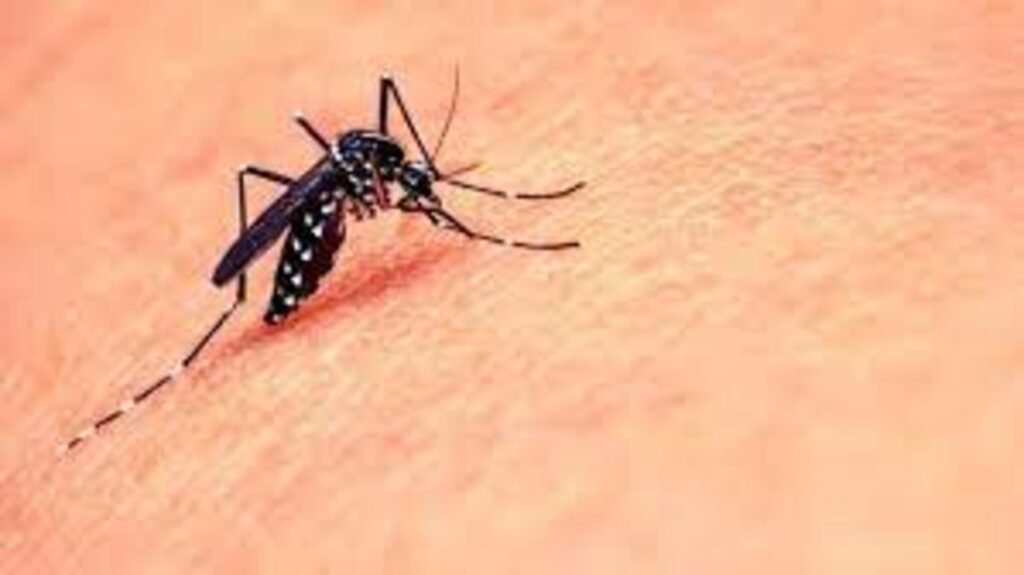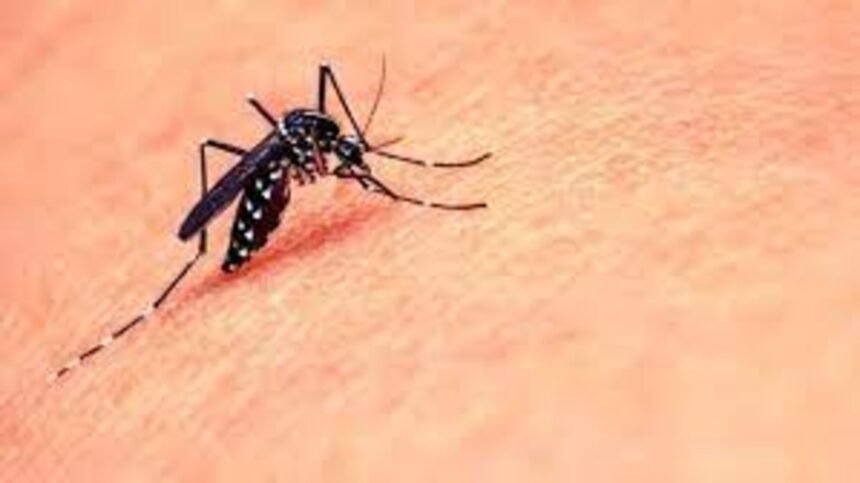August 20, 2023
Introduction
As the summer heat wanes and the autumn breeze takes over, an unassuming insect takes centre stage on August 20th. World Mosquito Day, observed annually, may not be as widely celebrated as other global observances, but its significance is profound, touching on matters of health, science, and progress.

History and Origins:
World Mosquito Day marks the date in 1897 when British doctor Sir Ronald Ross made a groundbreaking discovery. He successfully demonstrated that female Anopheles mosquitoes are responsible for transmitting the deadly parasite that causes malaria. This revelation was a turning point in the understanding of mosquito-borne diseases and paved the way for advancements in the fields of medicine and public health.
Significance:
While World Mosquito Day primarily focuses on raising awareness about the threat of mosquito-borne diseases, it also serves as a reminder of the progress made in combating these illnesses. Malaria, Zika virus, dengue fever, and other diseases continue to afflict millions worldwide, particularly in regions with limited access to healthcare resources. However, dedicated efforts by governments, organisations, and researchers have led to remarkable breakthroughs in prevention, diagnosis, and treatment.
Global Health Initiatives:
In recent years, international initiatives have aimed to curb the impact of mosquito-borne diseases. Collaborative efforts have led to the development of vaccines, innovative mosquito control methods, and improved diagnostic tools. These strides have not only saved lives but also enhanced the quality of life for communities burdened by these diseases.
Innovations in Mosquito Control:
One of the most notable areas of progress is in the realm of mosquito control. Traditional methods like insecticide spraying have been supplemented with cutting-edge techniques. Genetic engineering, for example, has paved the way for the creation of sterile male mosquitoes to reduce populations. Additionally, researchers have explored biological control measures involving the introduction of natural predators and bacteria that limit mosquito breeding.
Climate Change and Emerging Threats:
As the world faces the impacts of climate change, mosquito-borne diseases are evolving and spreading to new areas. Warmer temperatures and changing precipitation patterns provide ideal conditions for mosquitoes to thrive in regions previously considered safe. This underscores the need for ongoing vigilance, research, and adaptation strategies.
Community Empowerment and Education:
World Mosquito Day also emphasises the role of community empowerment and education. Local communities play a pivotal role in reducing mosquito breeding sites, using bed nets, and adopting preventive measures. Raising awareness about the dangers of mosquito-borne diseases empowers individuals to take proactive steps to protect themselves and their families.
Conclusion:
World Mosquito Day is not just a reminder of the threats posed by these tiny insects; it’s a testament to human innovation, resilience, and determination. As the world continues to navigate public health challenges, this observance reminds us that progress is possible through collective effort and unwavering dedication. On August 20th, let us commemorate the past, acknowledge the present, and look forward to a future where mosquito-borne diseases no longer pose a global threat.







